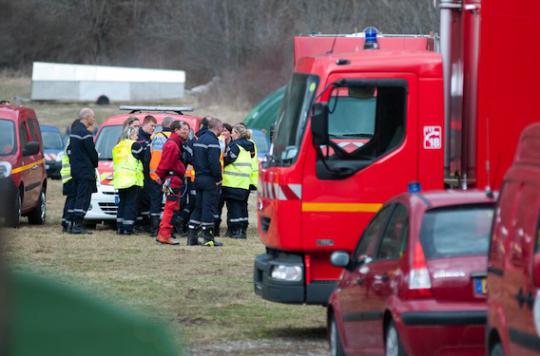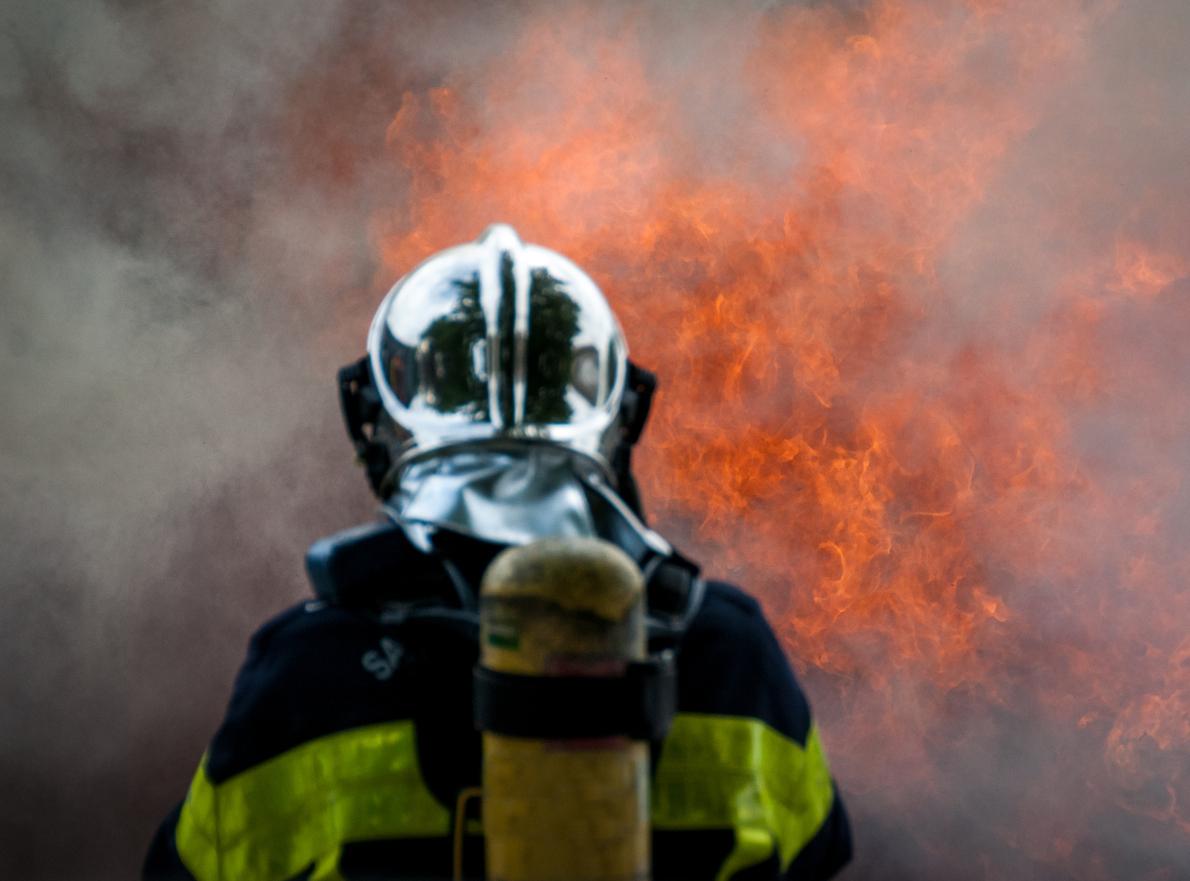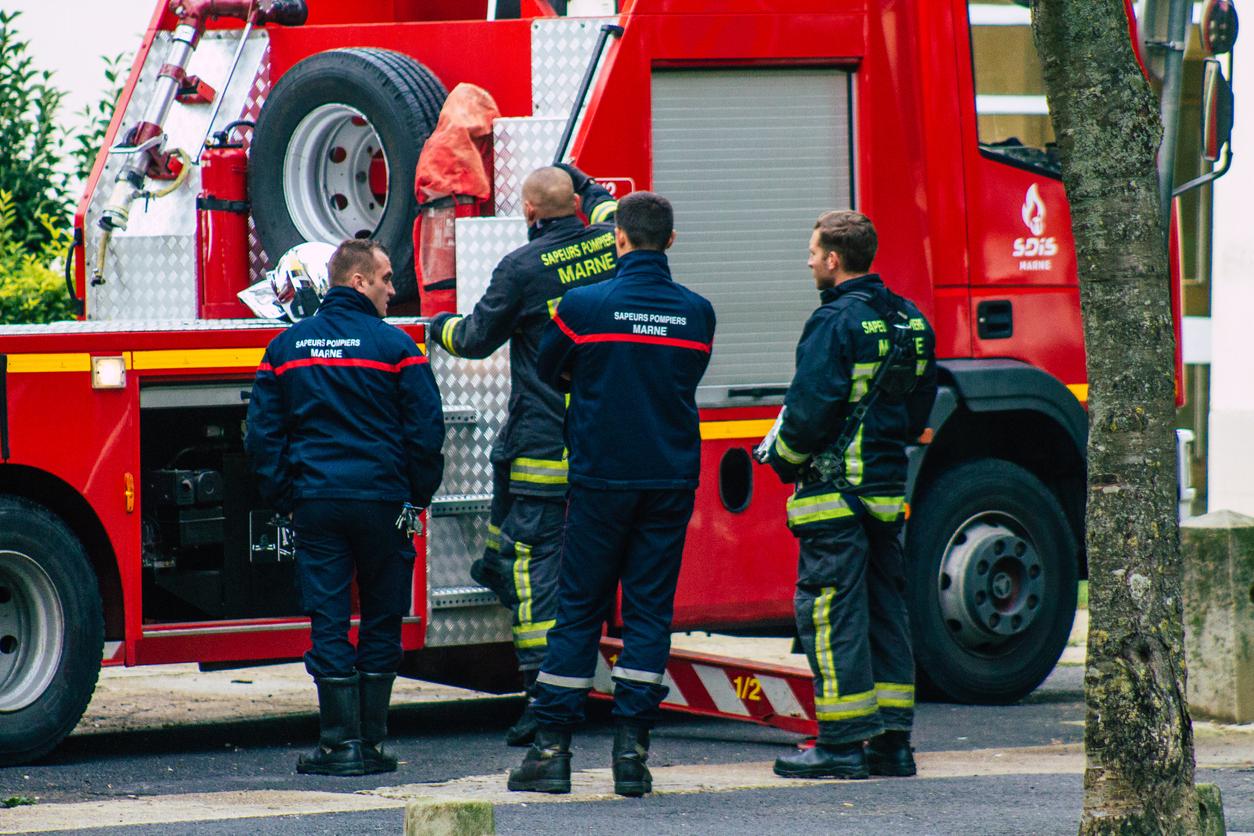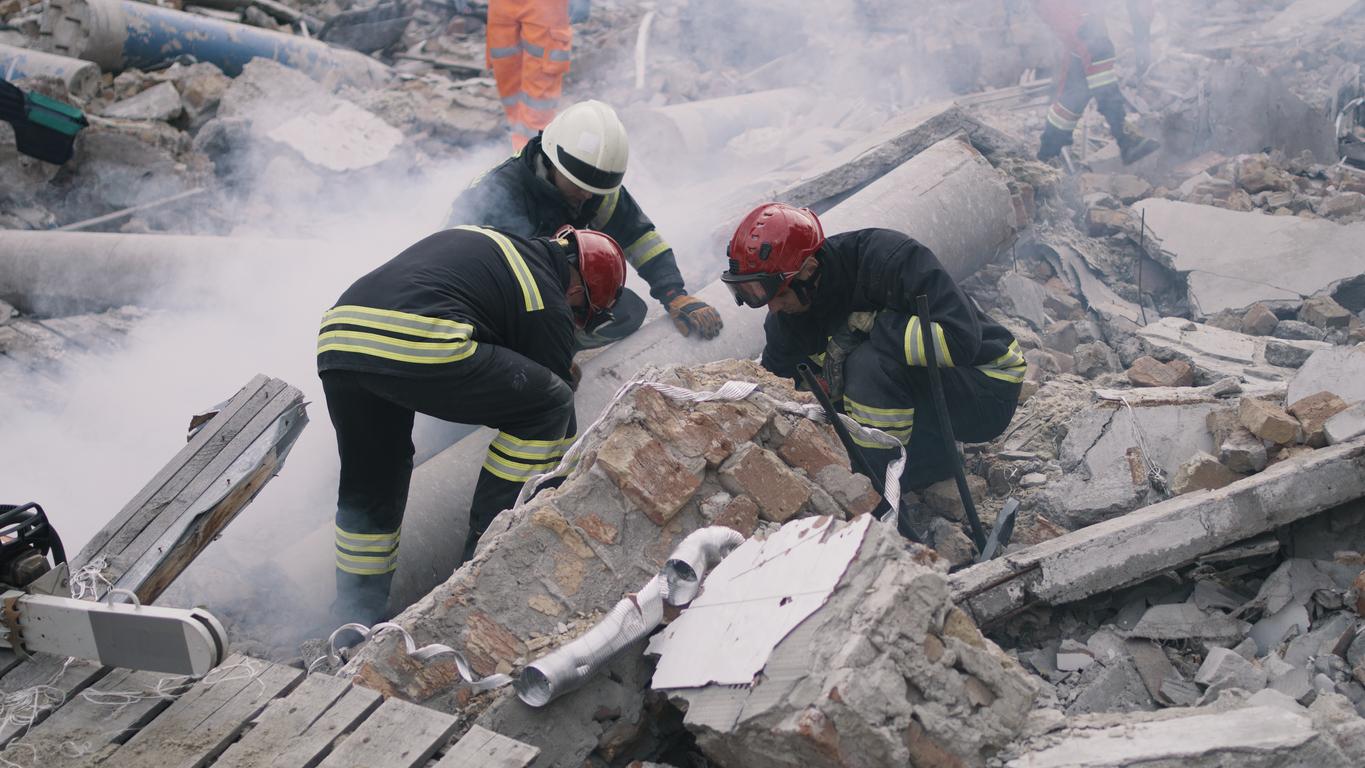For days, firefighters worked at the site of the air disaster in the French Alps. Two months later, some point to security flaws.

They are the collateral victims of the airbus air disaster A320 from the Germanwings which killed 144 passengers and 6 crew members on March 24. As revealed Provence this Friday, rescuers, dispatched to the French Alps for several weeks to find the bodies of the victims and evacuate the debris, complained of having been exposed to a large amount of kerosene, a mixture of hydrocarbons.
And this exposure would not have been without consequences on the health of most of the firefighters who did not wear masks and remained 10 hours a day on the site. In the Marseille regional daily, Charles, a rescuer, confides: “From the first days, the firefighters complained of headaches and vomiting. And asked for the arrival of a “chemical risk” vehicle. They didn’t want to. We were told that protecting the firefighters was not the priority, that we had to go quickly. “.
And adds: “The Monday following the disaster, six days later, the marine firefighters came to do a chromatography. They took the air and noted the presence of fuel to the tune of 300 parts per million (PPM), a dose 60 times greater than the normal set at 5 PPM (…) “The first men to arrive there stank of kerosene. And when up there, they learned the results of the chromatography … They are pros, they shut their mouths, ”he concludes.
A law of omerta which visibly ends this Friday. And at the end of his article, the journalist from Provence indicates that he sought to obtain the version of the people implicated, by contacting the rescue organization directly. “On the first day, no worker on site complained,” she said. In the days following the air disaster, only two people complained of headaches and nausea. ”
According to this management, the security conditions would therefore have been respected, including washing clothes every evening or wearing special clothes, which were introduced, but after the results of the first analyzes.
It remains to be seen the future consequences on the health of the most affected rescuers.
If it is regular, theprolonged inhalation of kerosene can cause cognitive problems, such as difficulty concentrating and sleep disturbances.
.















